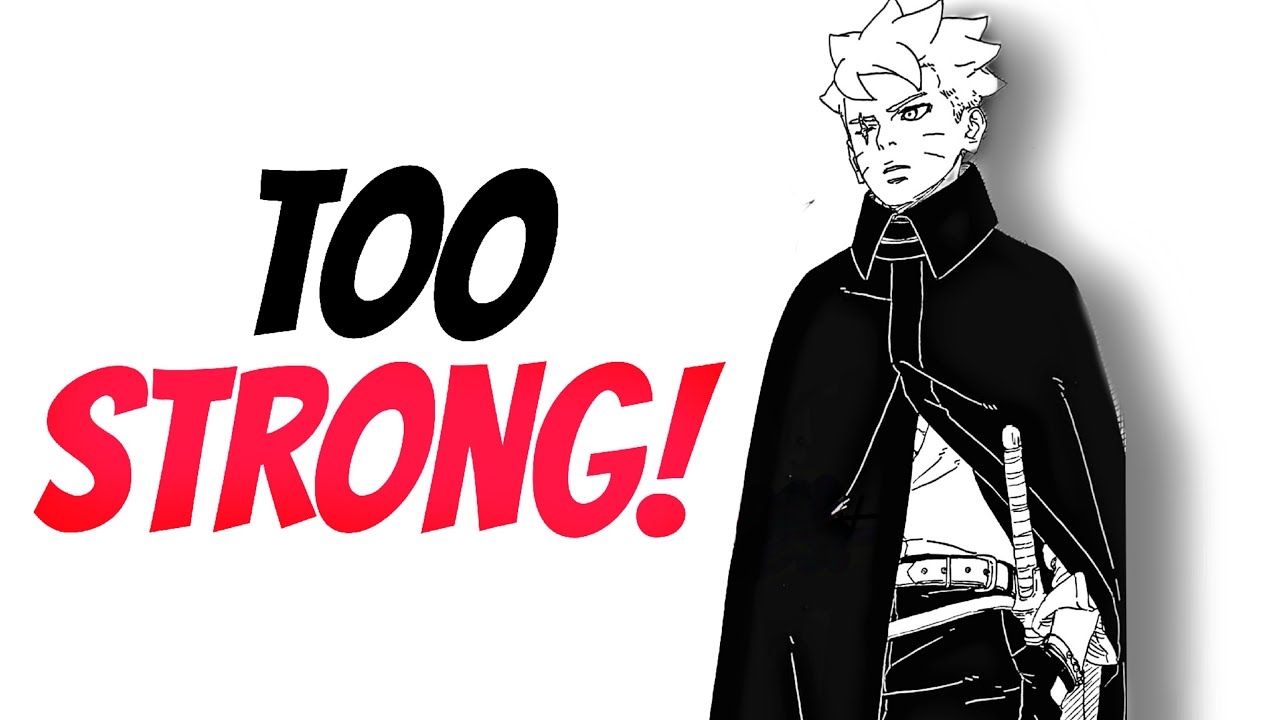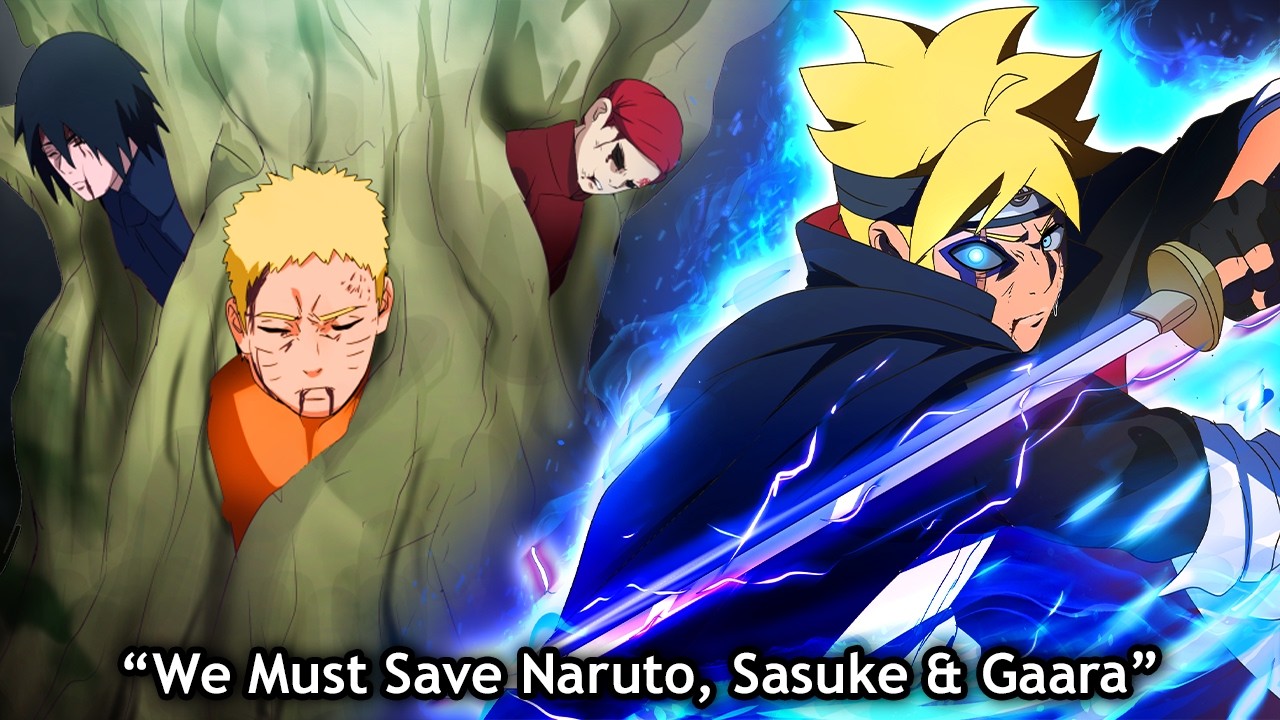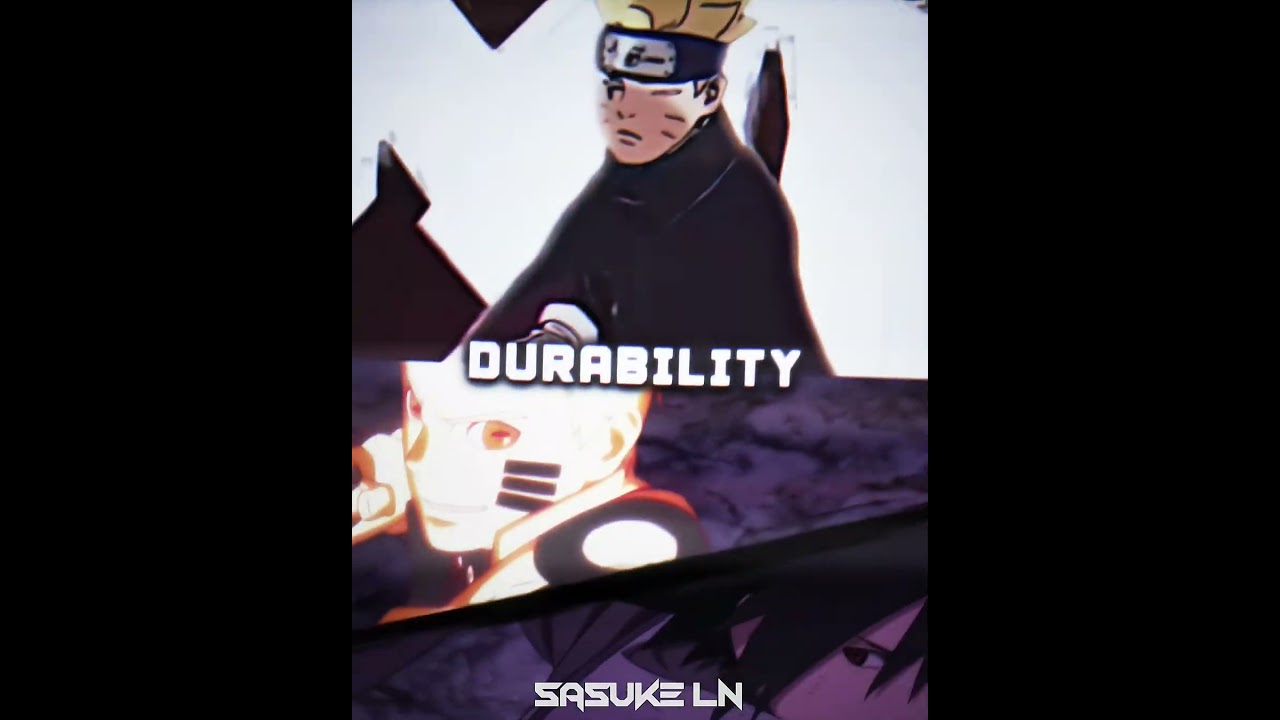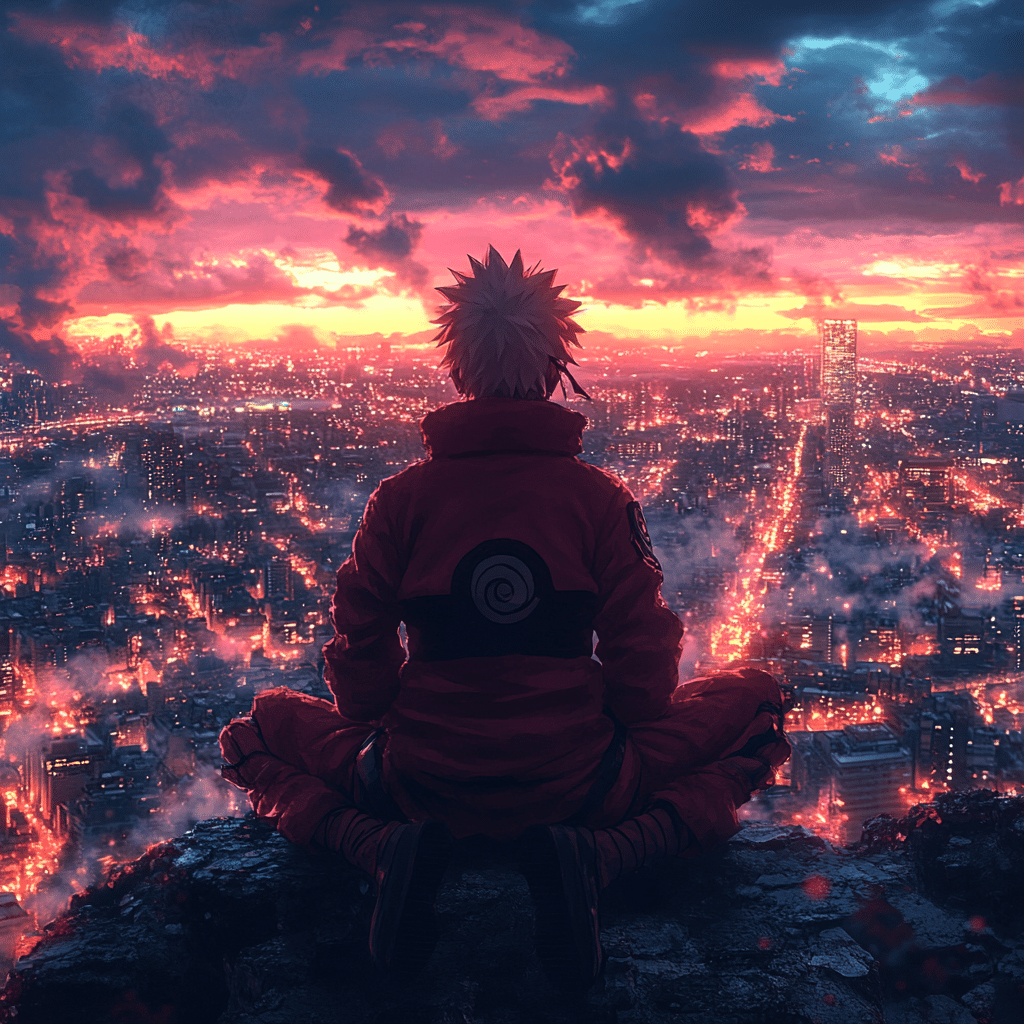
Boruto Timeskip Transforms The Epic Storyline Forever
The Boruto timeskip marks a pivotal turning point in the Boruto: Naruto Next Generations series, radically transforming its narrative landscape. In August 2023, the manga shifted from Boruto: Naruto Next Generations to the newly branded Boruto: Two Blue Vortex, a change that is more than just a new title; it represents a significant evolution in storytelling dynamics. This momentous development has not only propelled the characters forward but has also altered the tone and stakes of the entire series. Join us as we unpack how the Boruto timeskip impacts the world of anime and what it means for fans and creators alike.
The Impact of the Boruto Timeskip on Storytelling Dynamics
The implications of the Boruto timeskip extend beyond character arcs; it redefines the essence of Shonen storytelling. With this shift, viewers witness a range of developments, from character relationships to thematic complexity. Let’s explore these transformative elements.
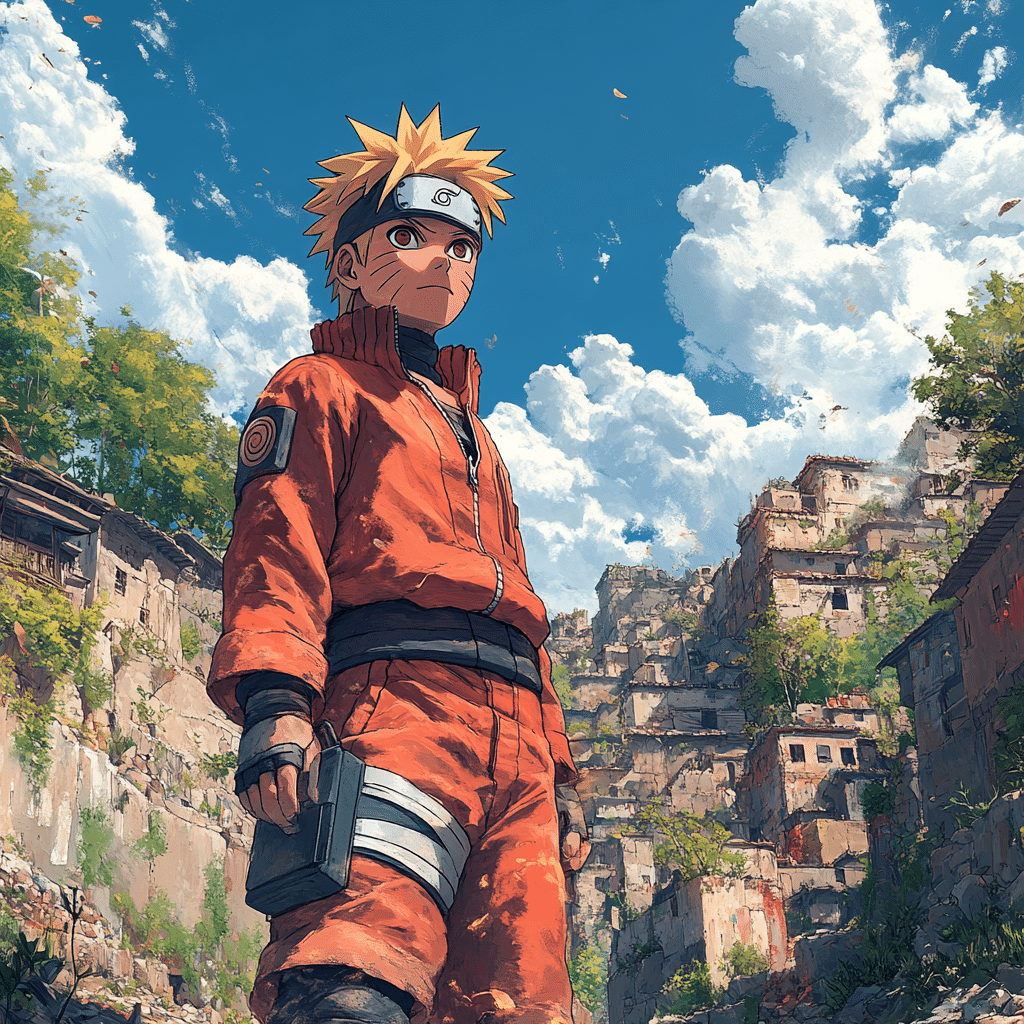
7 Ways the Boruto Timeskip Redefines Character Dynamics and Growth
One poignant aspect of the Boruto timeskip is its facilitation of accelerated character growth. This narrative leap allows characters like Boruto Uzumaki to evolve from facing typical teenage grievances to confronting profound themes such as responsibility and legacy. The change reflects a more mature storytelling direction, inviting audiences to relate more deeply to the struggles of growing up.
Following the Boruto timeskip, relationships take center stage in unique ways. The evolving connection between Boruto and Sarada Uchiha offers rich storytelling opportunities as their roles mature into potential leaders. This transformation mirrors the iconic relationship model between Vegeta and Goku from Dragon Ball, showing that in the face of challenges, interpersonal dynamics can be a source of strength and complexity.
The tonal shift post-timeskip invites darker themes reminiscent of shows like Attack on Titan. As the narrative evolves, characters grapple with moral dilemmas that reflect not just individual struggles but societal issues. This shift underscores the complexities of heroism, drawing readers into a deeper engagement with the characters’ internal conflicts.
The Boruto timeskip introduces viewers to a richly expanded universe filled with new villages and factions. This intricate world-building mirrors trends seen in Zoro Live Action, where creative storytelling often relies on a vast array of characters and settings to keep viewers engaged. The stakes are higher now, and the landscape is richly populated with diverse narratives that enhance the overarching plot.
Fresh villains emerge after the timeskip, each posing unique threats that elevate the stakes in astonishing ways. Much like Giratina in Pokémon lore, these new antagonists offer nuanced motivations that bring depth to their interactions with the protagonists. Their motivations challenge Boruto and his friends in ways that foster growth and resilience.
Training becomes a major theme in Boruto’s journey, invoking elements seen in Dragon Ball, particularly Vegeta’s mastery of Ultra Ego. As characters engage in intense training regimens, the narrative builds up to exhilarating confrontations and riveting rivalries. Viewers can readily appreciate the progression in power scaling, as these characters strain against their limits to overcome new challenges.
The Boruto timeskip resonates with larger cultural narratives about aging heroes passing the torch. Series like Kickasanime and major platforms such as Fandango explore similar themes of legacy and mentorship. The reflective nature of this narrative arc encourages both creators and audiences to engage with the enduring importance of passing knowledge to future generations.
Future Directions in Boruto and the Anime Landscape
With the Boruto timeskip, the series not only revitalizes its narrative core but sets new precedents for future storytelling in the anime and manga ecosystems. The upcoming arcs promise to further explore the ramifications of the Chunin Exams, reminding audiences that growth is not solely about victories but also about grappling with the burdens of one’s heritage.
Web discussions on platforms like Pirlo TV and community forums reveal an eagerness for these themes, with fans anticipating the nuances and complexities that arise from such deeply personal narratives. The evolving storylines suggest a trend toward blending genres, akin to innovative works like Movie Orca, which captivate viewers with fusion storytelling that marries various influences and styles.
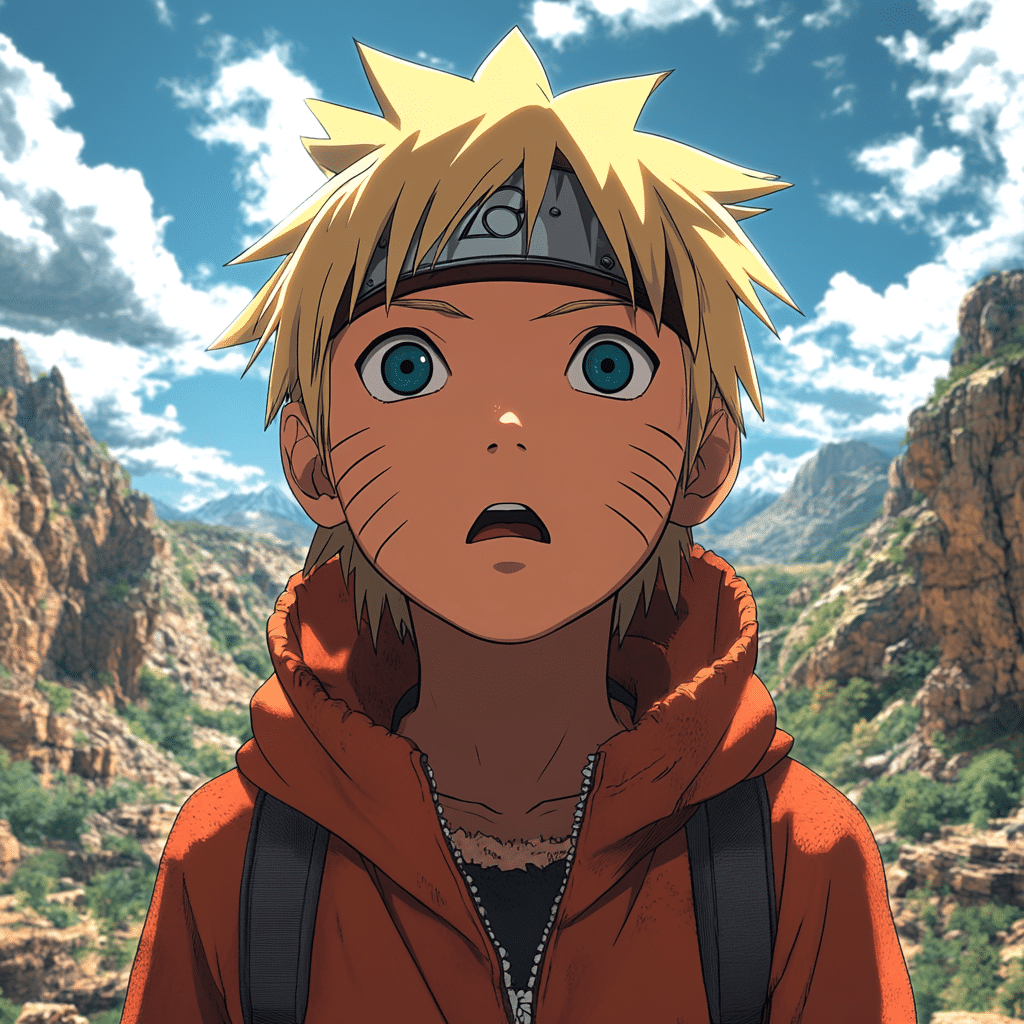
Embracing the New Era of Boruto
The Boruto timeskip heralds a crucial shift in the series, symbolizing a bold new direction for the franchise. As Boruto and Sarada confront the consequences of their legacies and the expectations of their forebears, it invites audiences into a more profound narrative experience. This transformation offers an intricate examination of identity, aligning with broader trends that prioritize character depth over simplistic storytelling.
The timeskip reflects a paradigm shift in approaches to character and narrative where creators are dared to push boundaries. For fans, this means thrilling new explorations await on the horizon. As the saga unfolds, the implications of this transition will resonate throughout the anime landscape, echoing the timeless themes of growth, responsibility, and the power of connection. It’s an exhilarating time to be part of the Boruto community, setting the stage for limitless storytelling possibilities.
As we witness this transformation, it’s clear that the Boruto timeskip marks a new chapter, not just for the series itself but for anime as a whole. As interest intensifies, creators are inspired to delve deeper into the experiences that define humanity. Whether you’re a long-time fan or a newcomer, the impact of this timeskip is impossible to ignore, paving the way for captivating narratives that will guide the conversations of tomorrow, much like other beloved franchises have done in their own right.
Boruto Timeskip: Transforming the Storyline Forever
The Shift in Focus
The Boruto timeskip has fans buzzing, marking a fresh chapter in the series that promises to redefine character dynamics and unravel new story arcs. After the time jump, we’re introduced to a more mature cast, especially Boruto himself, now grappling with his legacy. In fact, fans will notice a notable shift in the visual style that mirrors the impact of other film industries, perhaps reminiscent of the offbeat charm found in works featuring actors like Jay R. Ferguson. This evolution isn’t just about the characters but encapsulates the growth of a franchise that’s eager to deepen its narrative roots.
Fast-Paced Changes
Boruto’s journey isn’t just exciting; it’s filled with trivia that enriches our understanding of this new era. For instance, did you know that after the timeskip, creators aimed to enhance character development by focusing on relatable themes, much like how Diet Rite aims to refresh a classic beverage? This drive for character growth invites viewers to connect on a personal level, echoing real-life challenges. Plus, the storytelling reflects the complexities of modern life—a clever strategy that keeps fans hooked.
Fun Facts Galore
The Boruto timeskip also plays host to countless fun facts that keep fans intrigued. While anticipation around the new arcs builds, there’s always a treasure of behind-the-scenes glimpses waiting to be uncovered. For example, some fans have drawn parallels between the storylines and the nostalgia of older shows, making even more connections like how David Arquette ’ s Movies often nod to his previous roles. Plus, quirky side characters are set to make a comeback, offering moments of levity that fans adore, much like the heartwarming concept of Ready in Asl aimed at making communication accessible.
In this rush toward new content, it’s also fascinating to see how the creative team approaches Pre-qualification of story arcs, meticulously planning to keep fans engaged throughout the narrative shifts—much like the diligence seen in the classy production of a film like Grenazi. Each episode of Boruto now feels like an adventure, guiding fans along a journey of self-discovery and legacy that can resonate deeply with audiences worldwide. So, buckle up, because the Boruto timeskip is just getting started!
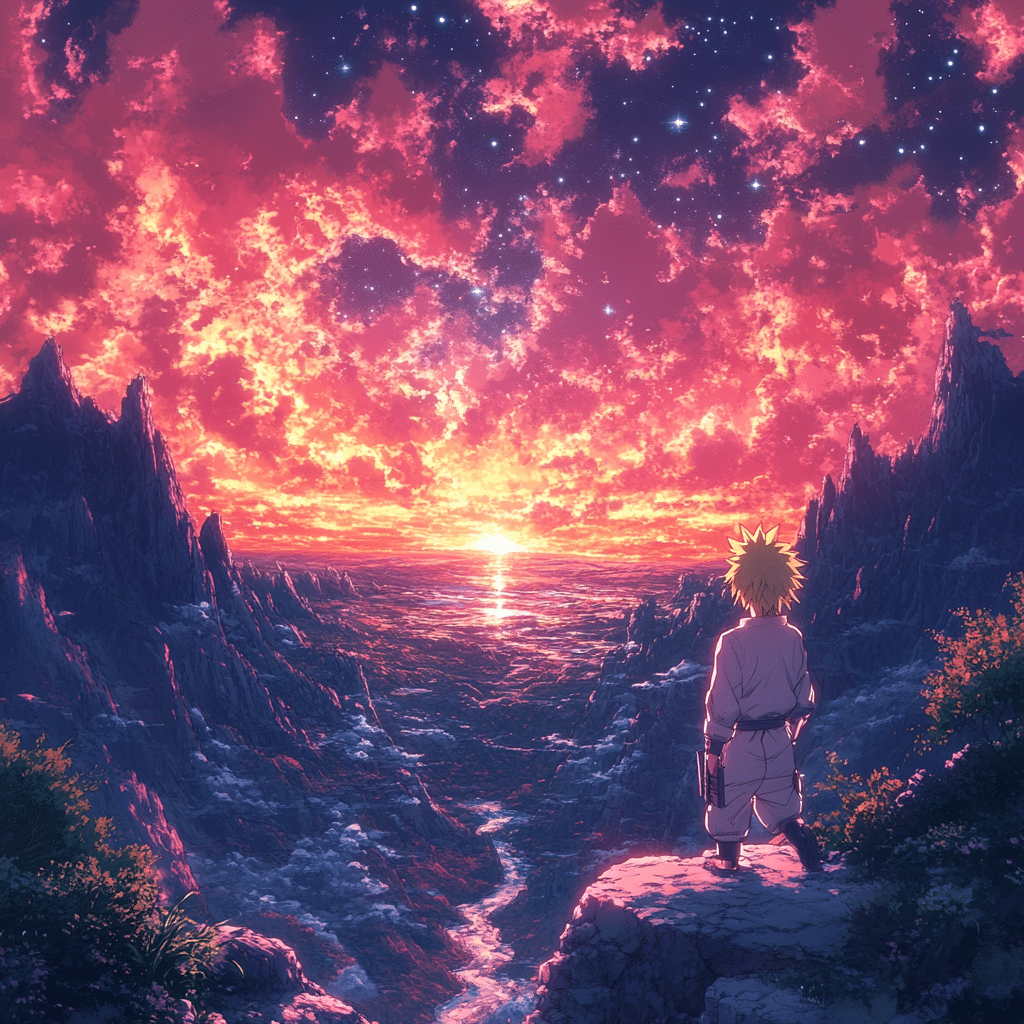
Has there been a Boruto timeskip?
Yes, there’s been a timeskip in Boruto, officially marked by the rebranding of the series from Boruto: Naruto Next Generations to Boruto: Two Blue Vortex as of August 30, 2023.
Is Boruto going to have a time skip?
Boruto already underwent a timeskip, which is now reflected in the new arc and manga title, so fans will see a new direction for the story moving forward.
In which episode is the Boruto timeskip?
The actual timeskip happens during the transition into Part 2 of the manga, but the anime doesn’t explicitly cover a specific episode detailing the timeskip itself.
Is the Boruto time skip good?
Opinions on the Boruto timeskip vary, with many fans excited about the new developments and character growth, while others hope for stronger storytelling and pacing in the new arc.
Is Saruto confirmed?
Saruto, the supposed son of Boruto and Sarada, hasn’t been officially confirmed in the storyline, but fan theories keep buzzing about him and his potential role.
How powerful is Boruto after time skip?
After the timeskip, Boruto’s power level has significantly increased, showcasing new abilities and a deeper understanding of his ninja skills.
How did Boruto lose his eye?
Boruto lost his eye during a fierce battle while fighting against strong opponents, leading to some intense moments in the story.
Who will train Boruto in Timeskip?
In terms of training, it’s likely Boruto will be trained by top ninja like Sasuke or possibly select other mentors who can guide him through his growth.
Who is Ryuto Uzumaki?
Ryuto Uzumaki is a character from the manga and anime, described as a son of Boruto Uzumaki, extending the lineage of the Uzumaki family.
How old is Boruto Uzumaki in Timeskip?
In the timeskip, Boruto is approximately 16 years old, allowing for a more mature portrayal of his character and storyline.
Is Naruto alive in Boruto Timeskip?
As for Naruto, he’s alive during the time of the Boruto timeskip, though his current status and actions in the story remain a point of interest for fans.
Is The Boruto Timeskip canon?
The Boruto timeskip is indeed canon, integrating seamlessly into the overall Naruto and Boruto universe, affecting character arcs and plotlines.
What happens after Boruto’s timeskip?
Following Boruto’s timeskip, the story explores new challenges, character developments, and potential conflicts that arise in this new phase of his life.
Who is the strongest character in Boruto Timeskip?
As of the timeskip, the strongest character remains a topic of debate, with contenders like Boruto himself, Kawaki, and other powerful figures showcasing remarkable strengths.
How far away is the timeskip in Boruto?
The timeskip in Boruto is set a couple of years ahead in the timeline, shifting the focus to a new generation of characters and their struggles.
Is The Boruto timeskip canon?
The Boruto timeskip is canon, making it an essential part of the overall narrative progression in the franchise.
How old is Boruto in timeskip?
Boruto is around 16 years old during the timeskip, which provides a fresh perspective on his growth and journey as a ninja.
Is Naruto alive in Boruto timeskip?
Yes, Naruto is alive in the Boruto timeskip, continuing to play a role in the series, though the extent of his involvement may vary.
Will Boruto continue after episode 293?
Boruto will continue after episode 293, diving into the new content that explores the timeskip and its impacts on the characters and storyline.





